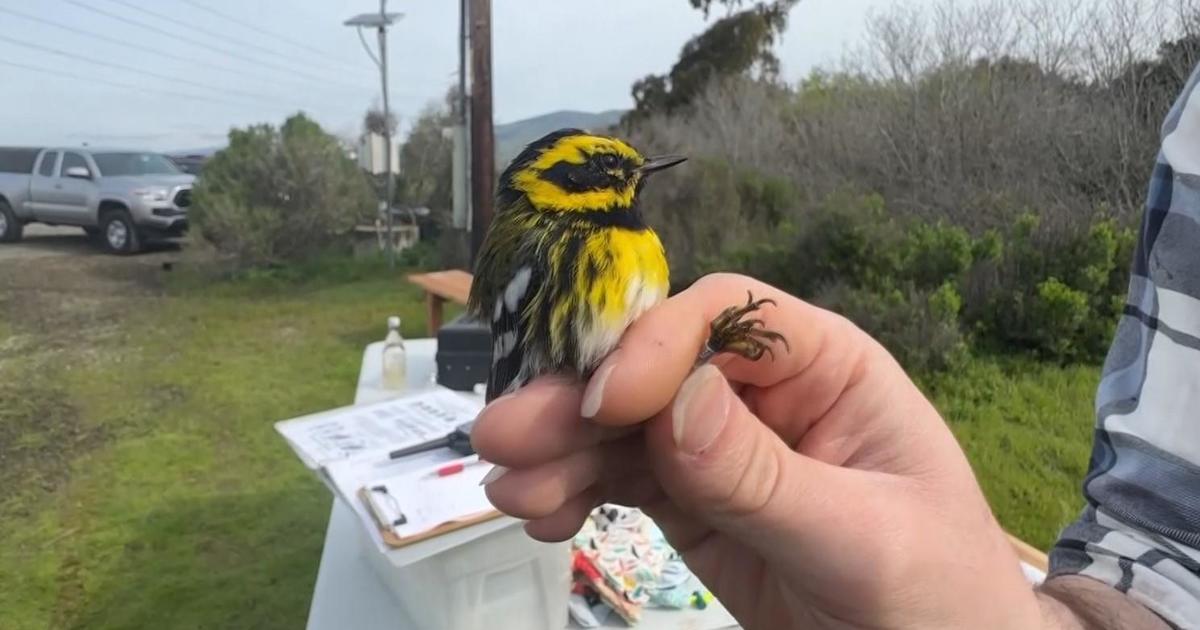Animal Update: Pet Obesity
SAN FRANCISCO (KCBS) - KCBS' Jeff Bell talks to Dr. Jack Aldridge, Director of Veterinary Services at the San Francisco SPCA, about the importance of monitoring your pet's weight.
There is plenty of attention being paid to the problem of obesity in this country, but pets are getting heavier in America, too.
There's simply no getting around it, warned Aldridge. Between 30% and 40% of pets coming into veterinary clinics are well over their ideal weight. Obesity is the leading nutritional disorder among pets.
There are a number of causes of pet obesity: some pets have a genetic predisposition for obesity, like some people do. Age can also be a factor since, after two years, many animals become less active. Occasionally, a metabolic disorder, such as low blood thyroid, can cause obesity. Most obese animals, though, are simply fed too much and don't get enough exercise to burn off those extra calories.
Just as with people, there are dangers to pets being overweight. Joint disease, respiratory and heart ailments, urinary and skin disease head the list of potential problems from pet obesity. Excess fat raises the risk of constipation, diabetes, heat intolerance, debilitating arthritic pain and a shorter life span. In a recent study, dogs who ate 25% less than a control group lived almost two years longer and didn't show signs of chronic disease until much later in life.
If you think your pet is obese, Aldridge recommends you visit your veterinarian. He or she can rule out medical problems causing the obesity, and can recommend a safe weight loss plan specifically designed for your pet.
Animal Update airs on KCBS All News 740AM and 106.9FM on Sundays at 1:35 p.m., 3:35 p.m., and 9:21 p.m.
(© 2011 CBS Broadcasting Inc. All Rights Reserved. This material may not be published, broadcast, rewritten, or redistributed.)



